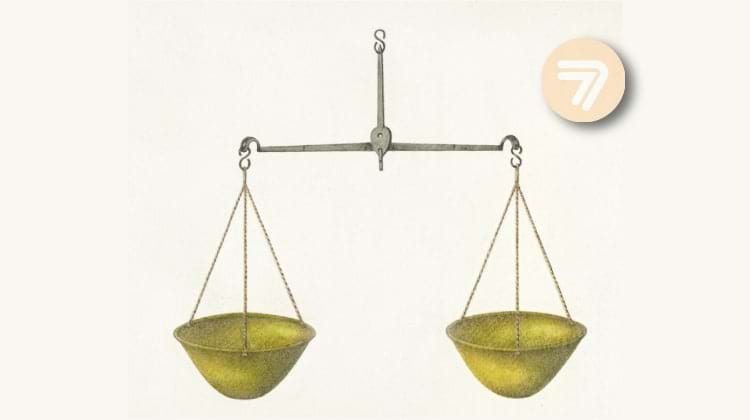50th GST Council: One Levy for Skill and Chance Games
14 Jul 2023
All Gaming Will Attract 28% GST on Full Ticket Value
After a prolonged period of uncertainty and speculation, India’s GST Council made a controversial decision. The council made the decision at its 50th meeting on July 11 in Delhi. It recommended a uniform levy of 28% Goods and Services Tax (GST). It concerns the full value of bets, entry fees or tickets for all forms of gaming in the country. Including online games, horse races and casinos.
“Online gaming, horse racing and casinos will be taxed at 28% (all three activities) and they will be taxed on full face value,” Union Finance Minister Nirmala Sitharaman announced at a press conference in New Delhi.
“Suitable amendments to be made to law to include online gaming and horse racing in schedule III as taxable actionable claims. Tax will be applicable on the face value of the chips purchased in the case of casinos, on the full value of the bets placed with bookmaker/totalisator in the case of horse racing and on the full value of the bets placed in case of the Online Gaming,” a press release issued by the GST Council clarified.
GST Council Went Back to the Original GoM Proposal
Thus, the GST Council has accepted the first proposal by the Group of Ministers (GoM) tasked to examine the matter. Which the council returned for reconsideration at its 74th Meeting at the end of June 2022.
The decisions of the GST Council are not final. And Parliament will have to approve the proposed changes to GST treatment of gaming. Some analysts predict that legal challenges and litigation will follow once the new tax legislation takes effect.
“Now, it is also almost certain that the (gaming) industry will be challenging these amendments to the GST laws, as and when they are brought into force in the courts on constitutional grounds. The industry will also likely be seeking interim relief from courts as and when the law is brought into force,” technology and gaming lawyer Jay Sayta commented.
Currently, Indian operators of online fantasy sports pay 18% GST on their trade margin (gross gaming revenue). As well as operators of other forms of online gaming considered skill-based. Prize pools are not levied.
The Homegrown Industry Reacted Immediately with Cries of Distress
The recommendations of the 50th GST Council Meeting seek to remove any distinction between games of skill and games of chance in GST treatment. The homegrown skill gaming industry reacted immediately, expressing distress, as the proposed changes mean a 1,100% tax burden hike and will disrupt their established business model.
“We believe this decision by the GST Council is unconstitutional, irrational, and egregious.” All India Gaming Federation (AIGF) CEO Roland Landers stated.
“This decision will wipe out the entire Indian gaming industry and lead to lakhs of job losses and the only people benefitting from this will be anti-national illegal offshore platforms,” Landers added.
“A change in valuation to tax on the total consideration will cause irreversible damage to the industry. As well as loss of revenue to the exchequer. And loss of employment for lakhs of skilled engineers.” Federation of Indian Fantasy Sports (FIFS) Director-General Joy Bhattacharjya said.
“One of the options that we will give a serious look at will be a legal recourse. It’s a little early to decide. But we will definitely talk to other big players in the industry and decide what we need to do.” A source from gaming company Gameskraft pointed out.
Union FM: The Exchequer has no Business Distinguishing b/n Skill and Chance
According to FM Sitharaman, the GST Council recommendations are based purely on tax considerations. This, even though the council also discussed the moral aspect.
The FM explained during the press conference after the GST Council Meeting. “Whatever be the decision on each of the games being either skill-based or chance-based or neither is not something we’re looking at.”
“We are purely looking at that which is being taxed…because it creates value, profit is being made, wagers are being levied… and based on the wager people are making windfall. Today’s decision looks at that aspect,” Nirmala Sitharaman added.
The Finance Minister said not to “promote (online gaming) more than essential industries.” The Finance Minister also emphasized the moral issue. Arguing that the government should not subject online gaming to a lesser tax regime.
“Our agenda is not to end any industry… all types of businesses have to function… there was discussion on the moral question that on one front, you do not want to end an industry. But that does not mean that you give more incentives to them than essential goods… all states participated in this decision which has been pending for the last 2-3 years. We could take the decision because every state clearly participated in it,” Sitharaman pointed out.
She added that they made the decisions after intensive consultation with all the members. Including those representing states like Goa and Sikkim. Where casinos form a key part of the tourism sector,” she added.



